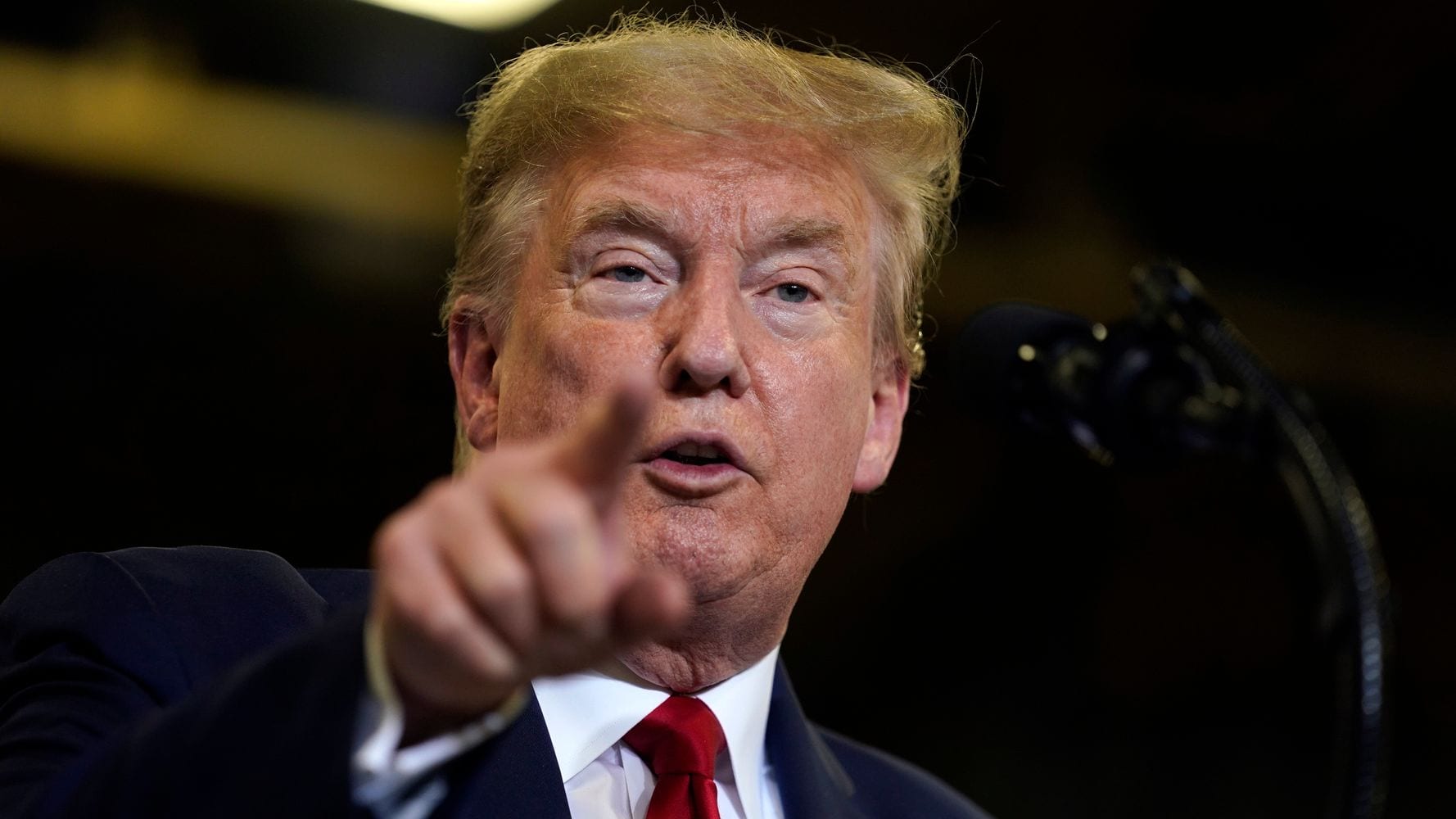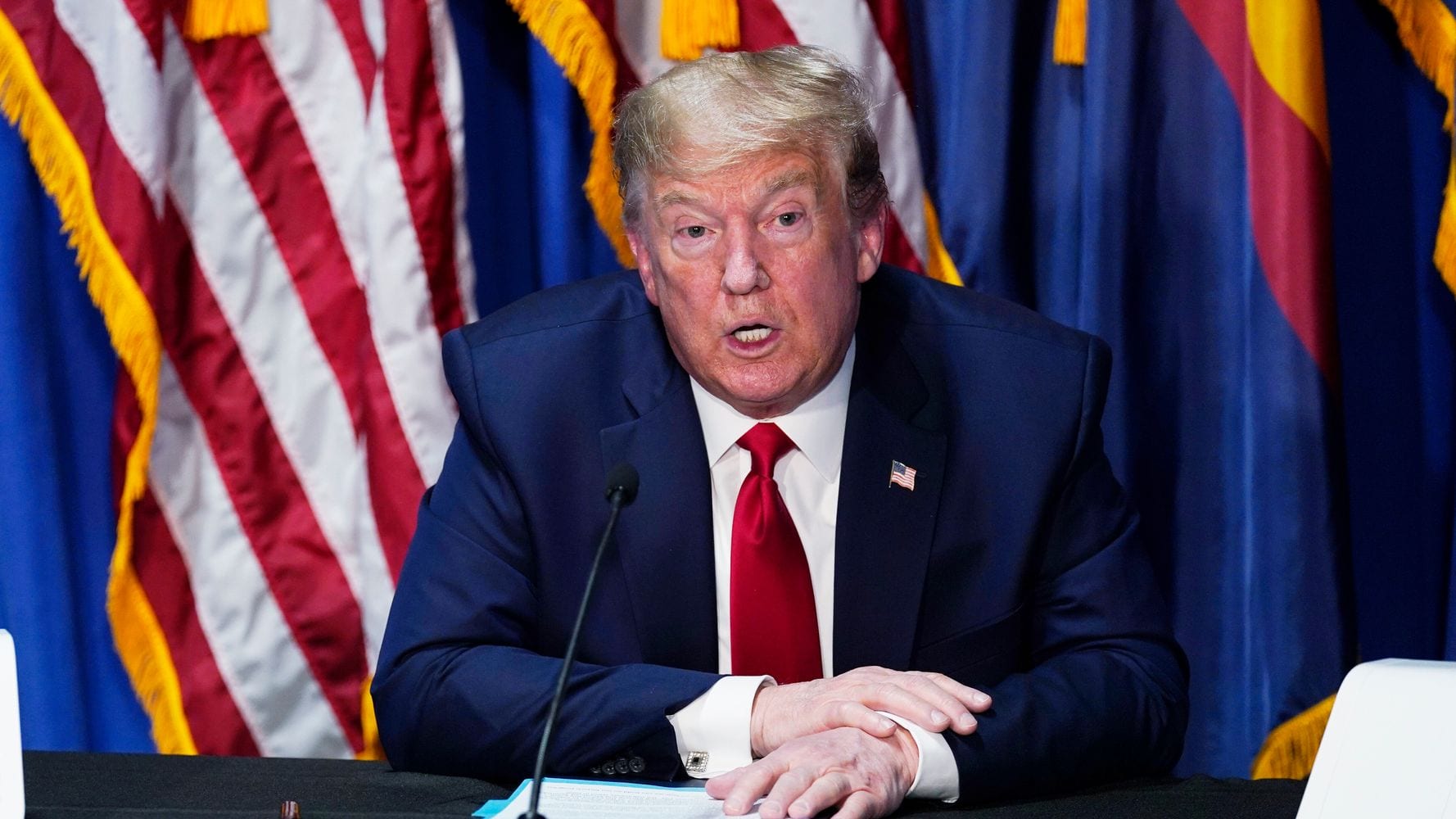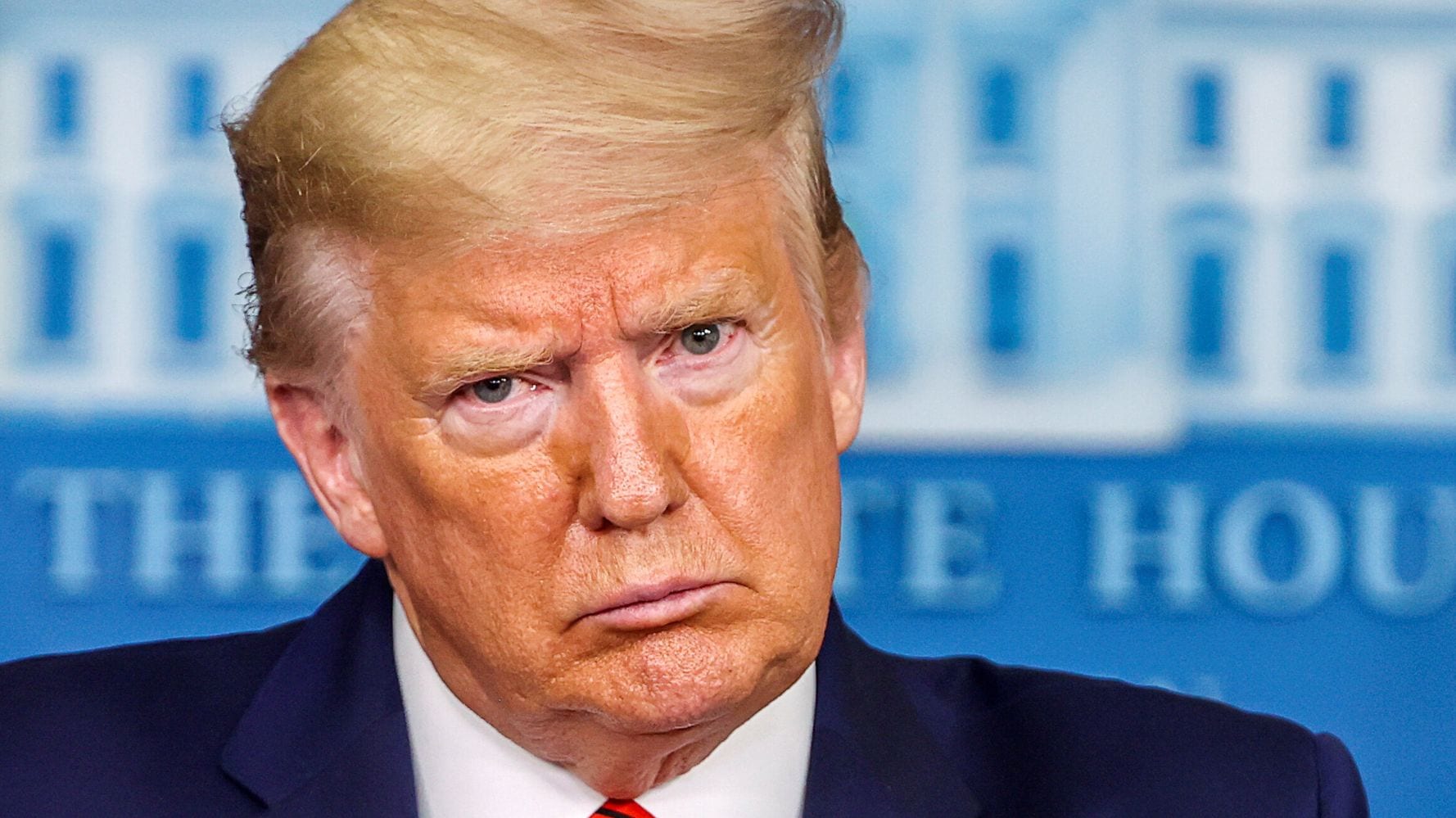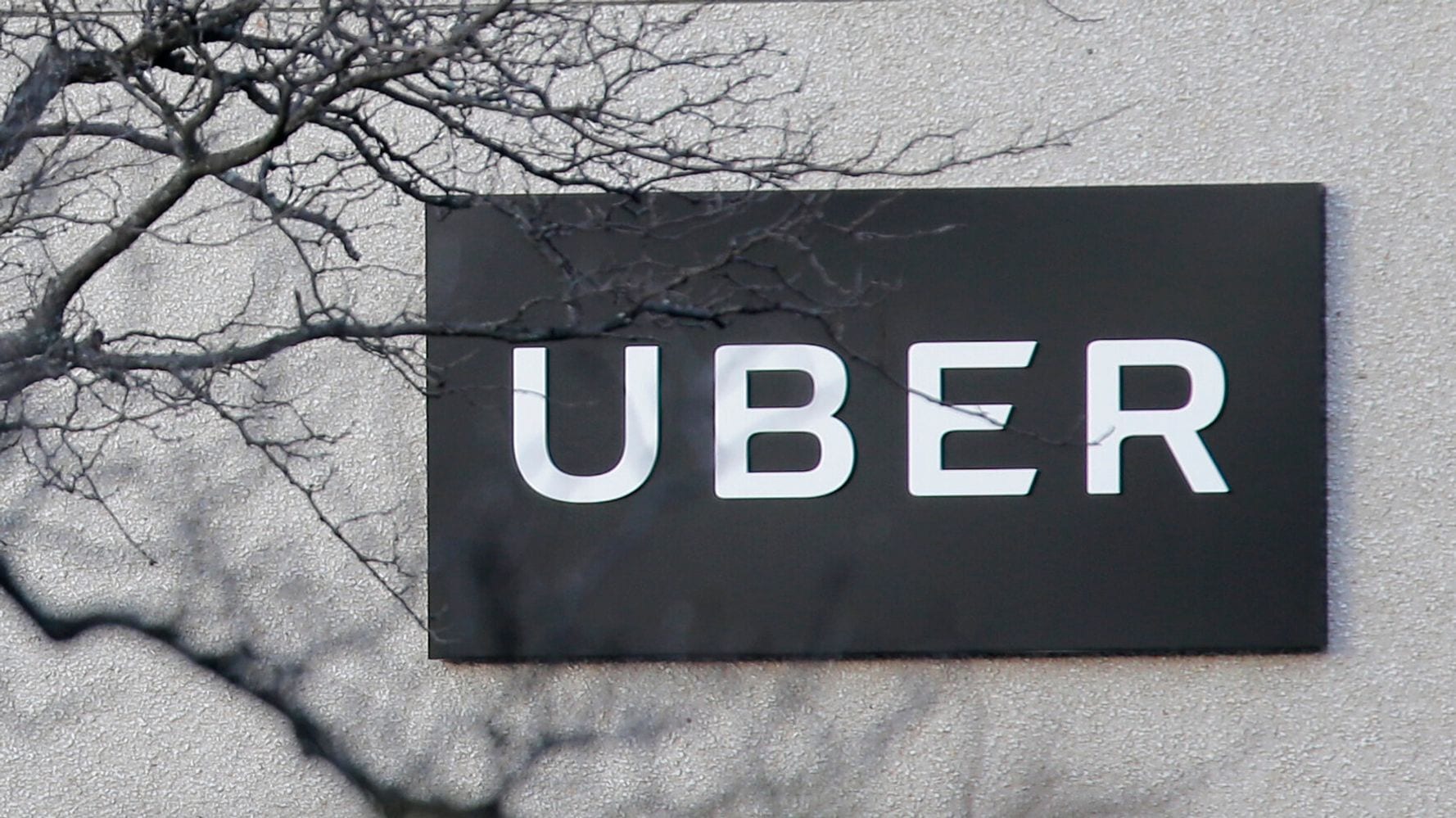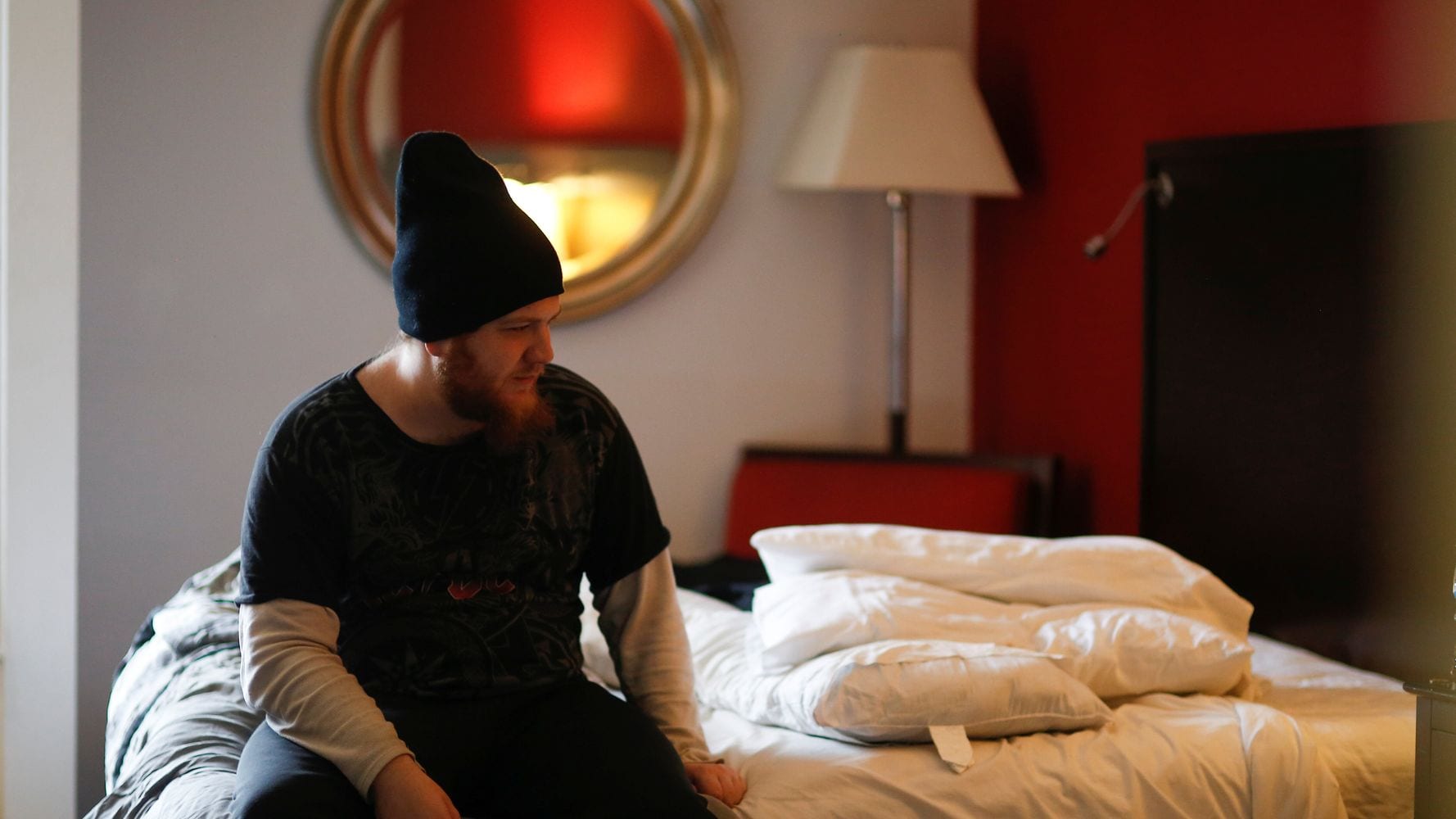[ad_1]

As Congress begins tentative discussions over another coronavirus relief package, Republicans are struggling to get on the same page over the issue of providing more aid to state and local governments.
Democrats say as much as $1 trillion may be needed to shore up states and localities in the next coronavirus bill, but the idea has spurred stiff resistance from top Republicans who urge a slower pace on such further congressional action.
“We think we ought to take a pause here, do a good job of evaluating what we’ve already done,” Senate Majority Leader Mitch McConnell (R-Ky.) told reporters on Tuesday at the Capitol.
The $2.2 trillion Coronavirus Aid, Relief, and Economic Security Act (CARES) that became law in late March included $150 billion to states, cities and other municipalities whose budgets have been pummeled amid the stalled economy caused by the pandemic. But those funds can only be used by states and localities to cover expenses directly related to the health crisis.
Some Republicans want to give states and localities additional flexibility by allowing them to tap a portion of those funds for other critical expenditures.
“If we don’t provide them with some sort of a revenue replacement for part of the money, they’re going to end up raising taxes to pay for law enforcement, emergency services, educational needs, and Medicaid,” Sen. Mike Rounds (R-S.D.), a former governor of his state, told HuffPost.
Rounds proposed making available up to 25% of the aid states are allocated under the CARES Act to adequately fund schools and other programs and services.
Democrats say that wouldn’t be nearly enough, citing statements from governors of both parties warning “catastrophic damage to state economies” if Congress doesn’t approve hundreds of billions in more funding.
“We need flexibility but we need lots more money or the whole economy will hurt,” Senate Minority Leader Chuck Schumer (D-N.Y.) told reporters on Tuesday, also at the Capitol.
Senate Republicans engaged in a lengthy discussion about the issue on Tuesday during their weekly conference lunch on Capitol Hill. Sen. Mitt Romney (R-Utah), a proponent of more state and local aid, brought several charts with him that displayed data about state budgets. The title of one chart read: “Blue states aren’t the only ones getting screwed.”
McConnell in late April sparked controversy when he said he would rather state governments go bankrupt then get a fiscal rescue package from federal coffers, decrying what a statement from his office referred to as a “blue state bailout.” President Donald Trump has since said, falsely, that it’s only states with Democratic governors that need help and that bailing them out would be unfair to those with Republican chief executives.
Romney told HuffPost “a lot of different points of view” were exchanged at Tuesday’s lunch, but that no decision had been reached on the path forward.
Other GOP senators expressed objections to providing federal aid to states with high public employee pension costs like Illinois, New York and New Jersey. They say that Congress shouldn’t borrow taxpayer dollars to fix problems states were dealing with prior to the epidemic and that would serve as a disincentive to end the shutdowns of businesses.
“We shouldn’t do anything to give these people incentive to keep their economy closed. If they want revenue coming to their state coffers, they’ve gotta reopen their economy,” Sen. Rand Paul (R-Ky.) told reporters on Tuesday.
Trump has suggested he would not approve more funding for states and cities without certain conditions, including that those that give some protections for undocumented immigrants change such policies
“Well run States should not be bailing out poorly run States, using CoronaVirus as the excuse! The elimination of Sanctuary Cities, Payroll Taxes, and perhaps Capital Gains Taxes, must be put on the table,” he tweeted Tuesday.
The issue will likely come to a head during negotiations over the next economic relief package in the coming weeks. House Speaker Nancy Pelosi (D-Calif.) said Tuesday that House Democrats will be unveiling soon a sweeping relief package with at least $800 trillion in state and local aid.
A HuffPost Guide To Coronavirus
Calling all HuffPost superfans!
Sign up for membership to become a founding member and help shape HuffPost’s next chapter



